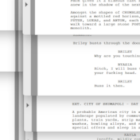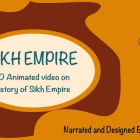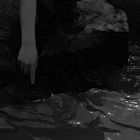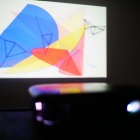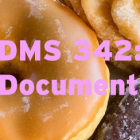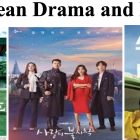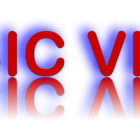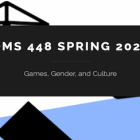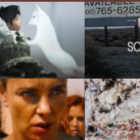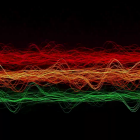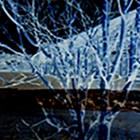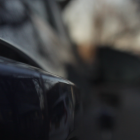DMS Student Showcase 2021
DMS 341 Intermediate Video

This course took place in the fall of 2020 and was an intensive workshop in fiction film production, with an emphasis on both hands-on practice of fiction filmmaking and in-depth study of the art of fiction filmmaking.
Production projects helped students develop conceptual and technical proficiency, including knowledge of the development, production, and post production of fiction films. Screenings and class presentations deepened students’ understanding of fiction filmmaking and storytelling. The films shown here include final projects for the class.
Jedi Kang
How i died
I have a dual citizenship situation because I was born in America when my parents were getting their PhD.s. I became the first and only American in my family. My parents never thought that I would live in the states, so my father thought it would be a good idea to give me a name inspired by his favorite movie series Star Wars. Fast forward 17 years later, I am a foreign exchange student in rural Minnesota where I am the only Asian kid but more interestingly named after a fantasy profession. I went by J.J. which is my Korean name and my “ENGLISH” name combined and I thought it reflected that stage of my life very well. When I came to college, I forgot to put my preferred name as J.J. and ended up being called my real name. Ironically my first college class was Sci-Fi literature. Starting college as a Jedi in Sci-fi class is as awkward as it sounds, and so was the rest of my freshman year living as a Jedi. After finishing freshman year, I needed to do my mandatory 2yrs in the Korean army which gave me a chance to reconnect with my Korean roots once again. After the army experience, I return to UB, but I didn’t want to make it the “Return of the Jedi”. I needed a new identity that would reflect my growth and cultural identity, but I also didn’t want to go to court for a new name. So I decided to just read it differently and tell everyone that it was a Korean name that is spelled like it. It reflected my cultural identity perfectly, not completely Korean nor American, an inbetweener. I wanted this film to be like a business card in video format so I wouldn’t have to explain my whole story to every single person I meet. I would just show them this.
Jedi Kang
let me tell you what happened
I took time off after taking my first productionclass due to being lazy on class signupday. There was a gap between learning to make videosto taking an intermediate course. I hadbeen making crappy documentaries with my friends duringthis time and thought documentarieswere my calling. We “borrowed” invasive species ofedible crawfish from a private pond andfilmed it.I had to convey the story with no dialogue due tothe assignment and thought of the bestidea. Poop humour is globally accepted as funny andcan be used as literal metaphor for“getting into shit”. I wanted this project to reflectmy life abroad in the US away from my parentswho are in Korea. The color palette starts out redand as the story progresses and the maincharacter gets further from his parents it turns green.Sort of like a green light for things to gobad and “get into shit”. The further I am away fromhome I tend to let my asshole ways take overand forget what my parents taught me all these years.The pooping in the end is the metaphorfor that, but also is based on my experience comingback from a family road trip when I was 13.Which is a very hopeless feeling of a soft serve icecream forcefully being made in your pants.The stop motion idea took place after watching LauraKraining’s stop motion filmMeridianPlane.I thought I needed to have something in stopmotion for this film.


